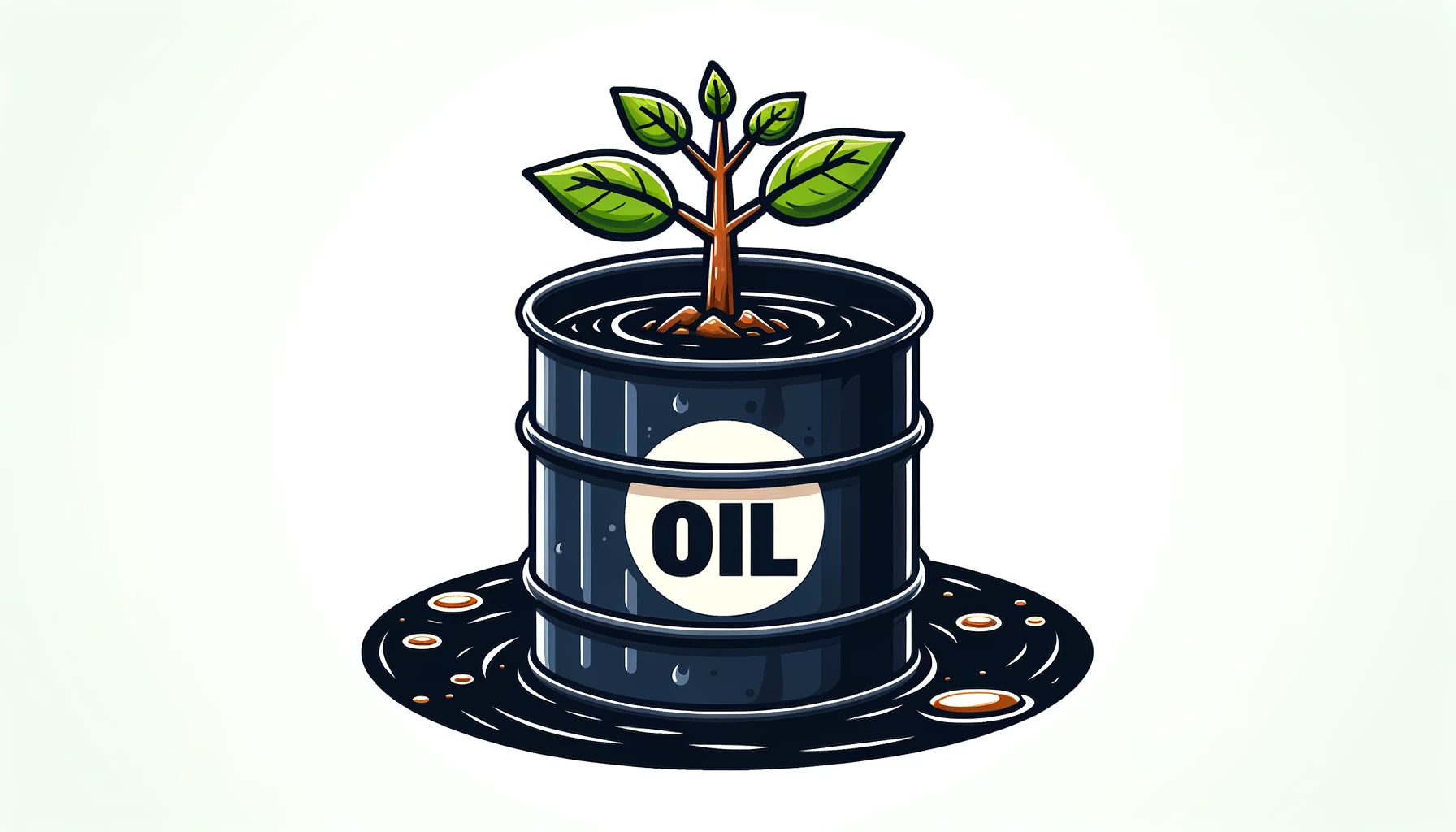Orsted's journey from an oil-based conglomerate to a renewable energy champion is nothing short of transformative. Once an oil giant, Orsted decided to completely overhaul its business model. Fast forward a few years, and they've become one of the world's leading offshore wind farm operators. Their commitment to sustainability didn't just stop at wind; Orsted has been consistently investing in other renewable sources, making it a poster child for what an oil company's green transition can look like.
Contrast that with Exxon, a company that once held promises of a greener future. While they've made some efforts in the realm of sustainability, their journey has been riddled with challenges and, some would argue, half-hearted attempts. Despite the global push for sustainability, Exxon seems to be trailing behind, still heavily invested in fossil fuels and not making as significant strides in the renewable sector as one might expect from an industry leader.
The question that arises here is, why the stark difference? While both companies started with similar backgrounds and faced the same global challenges, their paths diverged significantly. It could be a mix of leadership vision, corporate culture, external pressures, or just plain strategy (a.k.a "profit"). Whatever the reasons, their contrasting journeys offer valuable insights for other players in the industry.
Oxy's double-edged carbon sword
Occidental Petroleum, commonly known as Oxy and another large player in the fossil fuel world, made headlines with its acquisition of Carbon Engineering, a leader in direct air capture technology. On the surface, this move seemed like a significant step towards trying to suck CO₂ out the atmosphere. But there's a twist in the tale. There are rumblings that Oxy might use this technology to produce 'net zero oil'. While the term sounds eco-friendly, it's a potentially problematic approach. It's akin to taking one step forward and two steps back. The acquisition, which could have been a leap towards genuine sustainability, might end up being a tool to prolong the life of fossil fuels. This move, if true, raises questions about the genuine intentions of big oil companies and whether profit still trumps planet.
The global push for more, not less, Fossil Fuels
It's alarming. In an era where the impacts of climate change are more evident than ever, there's still a significant global push for more fossil fuels. Economic growth, political interests, and even societal demands in certain regions drive this push. The data paints a clear picture: if we continue down this path, the long-term environmental impacts could be devastating. It's a classic case of short-term gains versus long-term sustainability and it's happening in the places that can do the most - the USA, UK and parts of Europe have all pushed for more fossil fuel extraction rights in recent years.
The path forward is twofold: 1) decarbonize by investing in renewable technologies and sustainable alternatives and 2) remove the unavoidable and existing excess of emissions from the atmosphere. While the former involves reducing carbon footprints, the latter is about actively investing in technologies that try to reverse the existing damage from the industrial revolution.
Decarbonization is not just an environmental need but an economic one. As global policies shift towards eco-friendly practices, companies stuck in the fossil fuel era will find themselves obsolete. On the other hand, renewable technologies, from solar to wind, from geothermal to hydro, offer not just a sustainable future but also a profitable one. The initial investment might be high, but the long-term returns, both economically and environmentally, are undeniable.
Will big oil end up having a positive impact?
The journey of big oil companies towards sustainability is neither straightforward nor guaranteed. While poster children like Orsted show us what's possible, the contrasting paths of companies like Exxon and Oxy remind us of the challenges ahead. Genuine efforts towards sustainability are the need of the hour, and half measures won't cut it. As consumers, stakeholders, and global citizens, it's our responsibility to stay informed, demand transparency, and push for a genuinely green future.









